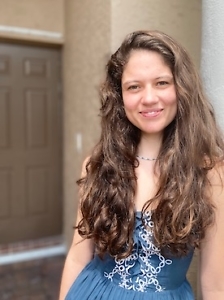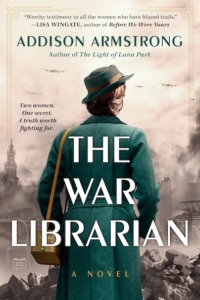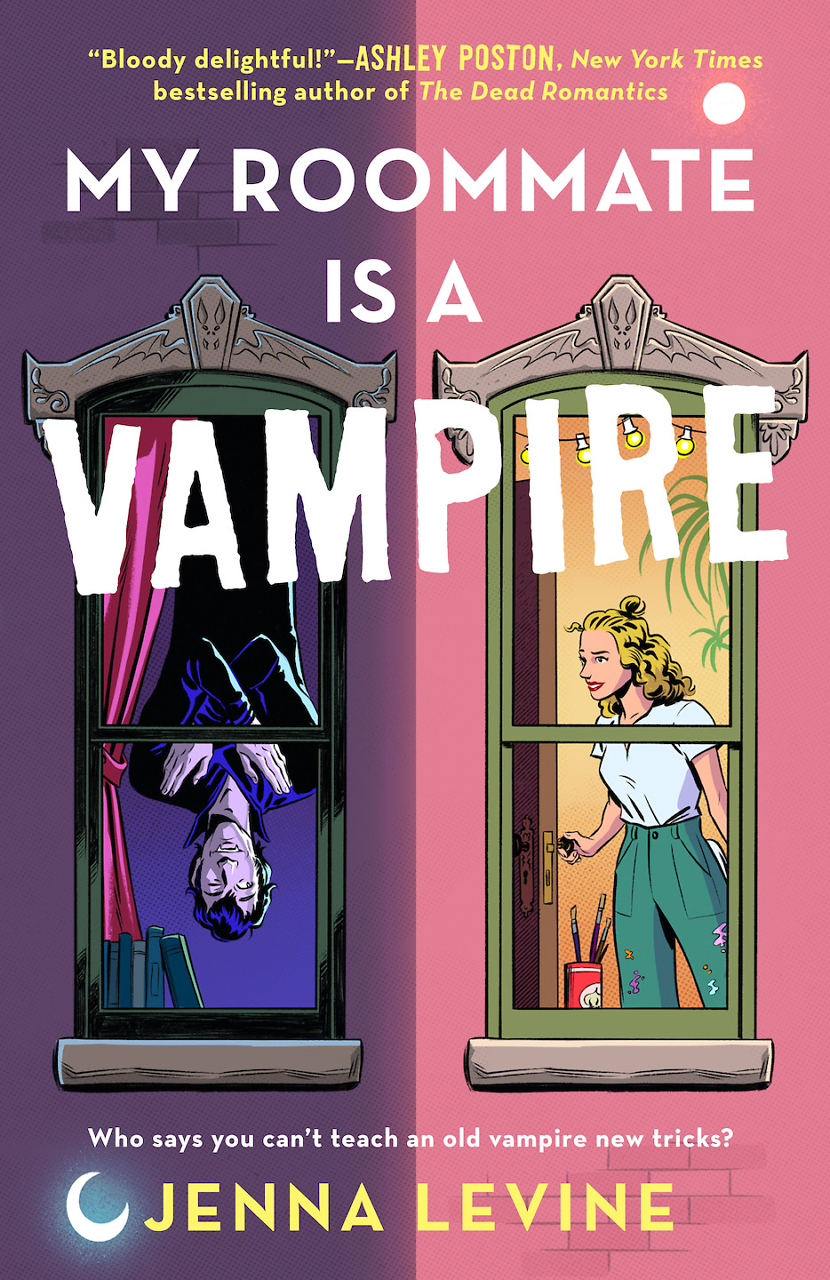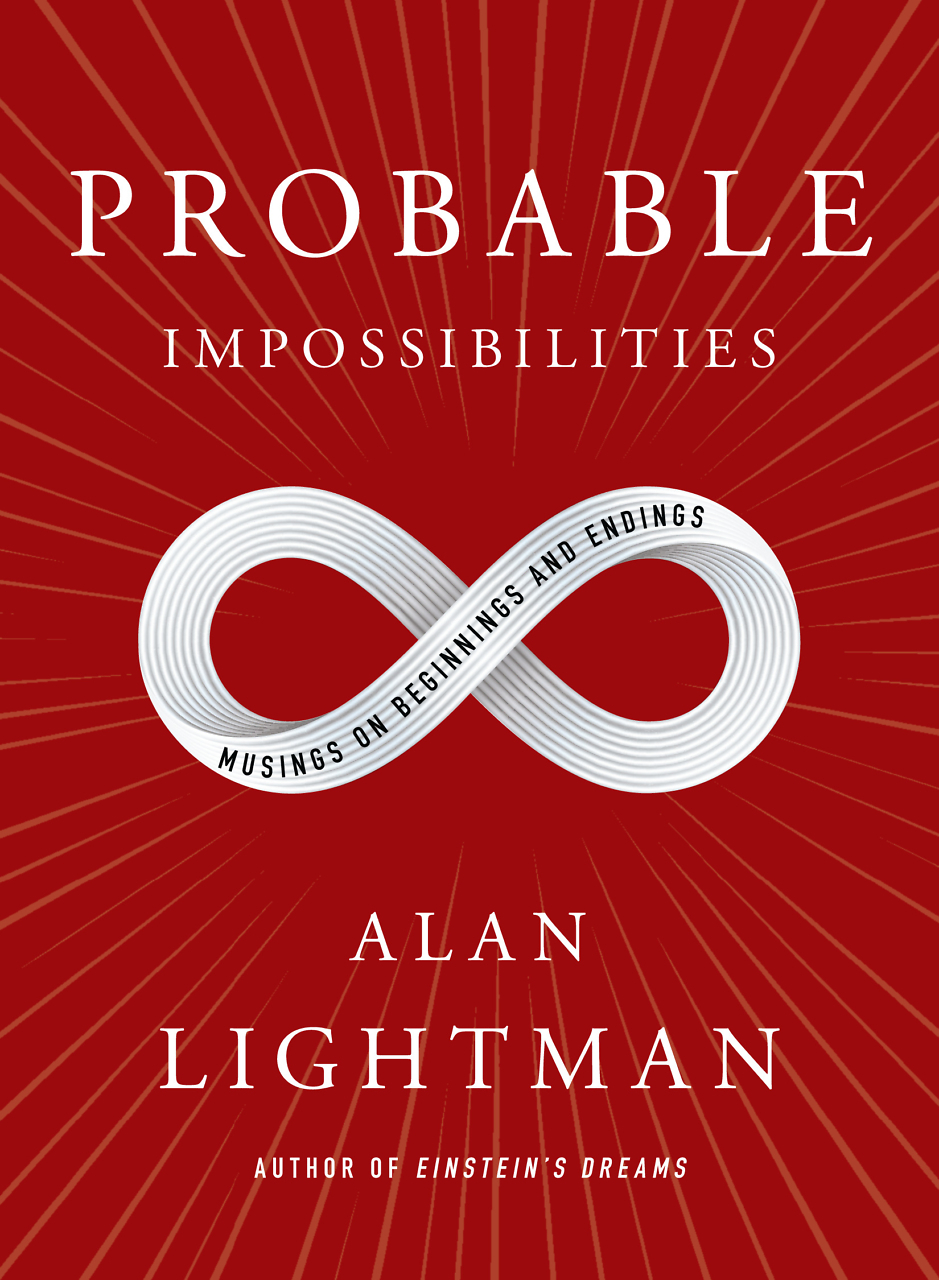Women in a World Designed for Men
A WWI librarian and a Naval Academy plebe confront injustice
In The War Librarian, Nashville-based writer Addison Armstrong confronts urgent contemporary cultural conflicts — misogyny, racism, and book banning — by taking a detailed dive into two moments in history. Armstrong’s primary characters are women fighting the harassment and injustice they faced 50 and 100 years ago, but their fictional struggles and outrage feel fresh and current.
As in Armstrong’s first novel, The Light of Luna Park, The War Librarian switches between two narrators, seemingly unrelated women living in separate times and places whose tales gradually converge. The title character is Emmaline Balakin, who travels to France during World War I to provide books to wounded U.S. soldiers. The parallel narrator is Kathleen Carre, who enters the Naval Academy in 1976, the first year women were accepted at Annapolis.

After arriving in France in 1918, Emmaline is dropped into a field hospital for 2,000 men during the crucial last weeks of the war, and like everyone on the scene, she observes the men’s gruesome injuries, dodges bombs, and sleeps with a helmet on her face and a gas mask by her side.
As Armstrong notes, volunteer librarians in World War I were a vital resource. Before Emmaline begins pushing her wheelchair loaded with books — Dickens, Twain, Treasure Island, The Call of the Wild — through the wards, where patients have “nothing to do for days but count the swirls of grain in the wood,” she is already a heroine: “[T]he patient nearest the door sat bolt upright when I entered. A harsh cough burst from his throat, but he was smiling. ‘The librarian is here!’ His announcement was met with whoops and cheers.”
But on a visit to the American Library in Paris, idealistic Emma is shocked to see a list of books the U.S government has prohibited, including titles on pacifism and the hardships of war: “Was it disloyal for me to think, as more and more men died each day and were carted to the morgue across from my bedroom, that peace was exactly what we needed?” She has already confronted the segregation of Black and white patients at the hospital by starting a book club, and now she’s staring down the hard place where freedom of speech meets military opposition.
Meanwhile, Naval Academy student Kathleen is discovering in 1976 that she was naïve to believe she was joining a supportive community of noble-minded students. She finds that some of her fellow midshipmen resent the women in their midst enough to engage in sabotage. And reporting harassment and dirty tricks may be interpreted as weakness or dismissed as hazing. As Kathleen’s grandmother had warned when her acceptance to the academy arrived: “’It’s hard to be a woman in a world designed for men.’ I laughed at this. ‘Nana, we both do that every day.’ She didn’t smile back.”
 Armstrong entertainingly airs some of the clumsy errors the Navy made during its rollout coed year: Women were issued three-inch heels that made marching in fields treacherous and had to watch an absurdly dated film from the 1940s on hygiene: “We breathed a collective sigh of relief when the film was over. I looked around the room and saw that most of our faces were red, and I’d wager half were colored in mortification; the other half, in the effort of holding in laughter.” Then the Navy, represented by a campus doctor, contradicts itself: “There will be no dating at the Naval Academy,” he announces. “But as female midshipmen will be expelled for pregnancy, birth control can be prescribed in my office.”
Armstrong entertainingly airs some of the clumsy errors the Navy made during its rollout coed year: Women were issued three-inch heels that made marching in fields treacherous and had to watch an absurdly dated film from the 1940s on hygiene: “We breathed a collective sigh of relief when the film was over. I looked around the room and saw that most of our faces were red, and I’d wager half were colored in mortification; the other half, in the effort of holding in laughter.” Then the Navy, represented by a campus doctor, contradicts itself: “There will be no dating at the Naval Academy,” he announces. “But as female midshipmen will be expelled for pregnancy, birth control can be prescribed in my office.”
This novel about a librarian and a plebe is a page-turner. When Armstrong’s protagonists question the system and its enforcers, the punishments are harsh, and in her clean prose the results are dramatic and moving.
Armstrong, a 2020 Vanderbilt University graduate and now an elementary school teacher, is unabashedly feminist in her writing projects. She dedicates War Librarian to her sister, “who is training to be a pilot in a world that can be hostile to anyone who isn’t a man,” and thanks 1980 Naval Academy graduate Sharon Hanley Disher for providing details from the frontline with her book First Class. She creates “cameos” for real-life figures such as Mary Frances Isom, a transformational librarian of the early 20th century, and Janice Buxbaum from that first class of 1980, who took risks to organize support meetings for the women at Annapolis.
The author is devoted not just to the work of other women, but to the power of words. As Emmaline considers challenging the rules of her service, the soldier she loves warns her that men “are far more afraid of words than they are of war.”

Formerly the books editor at The Commercial Appeal in Memphis, Peggy Burch writes for The Daily Memphian, where she was arts and culture editor. A member of the Humanities Tennessee Board of Directors, she holds a master’s degree in English literature from the University of Mississippi.


